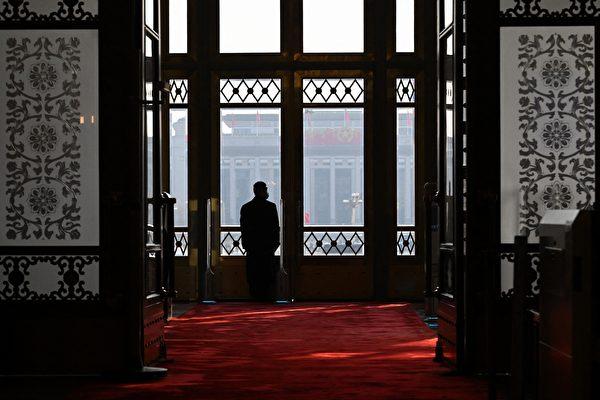The Open Translation Center aims to provide lawmakers and the public with accurate and easily accessible information about countries of interest. This initiative includes the establishment of a federally funded translation and research agency proposed by a group of bipartisan lawmakers. The agency, known as the Open Translation Center (OTC), will focus on translating open-source materials from countries like China and Russia, related to U.S. strategic interests, and making them available to the public.
The bill, titled the “Open Translation Center Act,” outlines the responsibilities of the OTC, which include translating official speeches, announcements, documents, and semi-official materials. Additionally, the center will train analysts and linguists specialized in the countries of interest. The bill emphasizes the importance of providing contextual information to the public to enhance their understanding of the target countries.
Lawmakers such as Joaquin Castro, Mike Gallagher, and Senator Tammy Baldwin introduced the bill, citing the need for a public translation and analysis organization to support U.S. foreign policy development and public understanding. The bill highlights the essential role of translation in fostering diplomatic, journalistic, and academic discourse, drawing parallels with the Cold War era.
Mr. Castro emphasized the importance of understanding adversaries like the Chinese Communist Party to safeguard national security. Mr. Gallagher stressed the need to read and comprehend primary sources to combat threats effectively. The OTC aims to train analysts and linguists specializing in countries of interest, with the target countries to be determined later.
Experts like Chen Shih-min and Wu Se-chih recognize the significance of this initiative in countering cognitive warfare and misinformation spread by China and Russia. They believe that setting up such an agency will help reduce misconceptions and improve public understanding of threats posed by these countries. The bill’s passage is seen as a crucial step in strengthening democratic countries’ ability to counter external threats and safeguard democracy.
Great Translation Movement
Since 2022, many bilingual overseas Chinese have been translating the CCP’s official statements and academic speeches—those not officially published but posted online by netizens—into English to help expose the CCP’s agenda.
They’ve also translated the extreme views and comments made by pro-CCP Chinese regarding international relations on global social media platforms such as X.

The CCP views the movement, dubbed “The Great Translation Movement,” as a significant threat because it has exposed the truth about and real intentions of its regime, which are not well-known to the international community due to language and cultural barriers. The CCP has criticized the movement through its media outlets and attempted to ban it.
Luo Ya contributed to this report.





